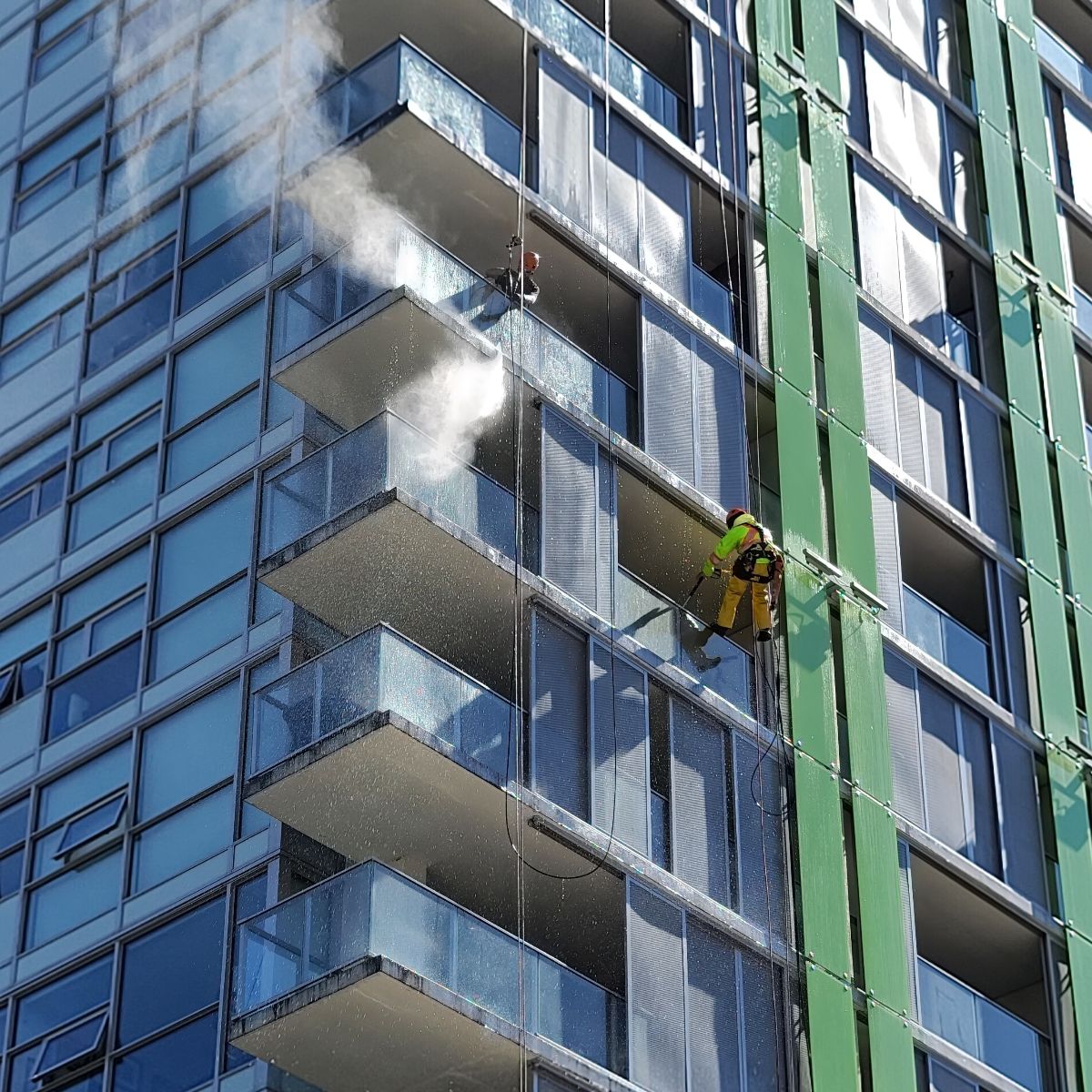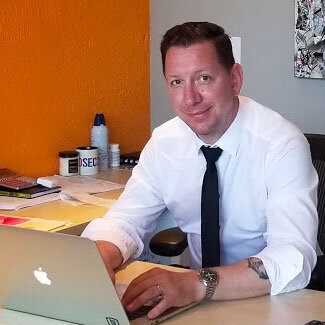In the building maintenance industry, pressure washing is a commonly used method to clean and maintain various surfaces. However, if not done properly, it can lead to some significant failures that can damage surfaces or cause other issues. Here are the top 5 pressure washing fails in the building maintenance industry:
- Surface Damage: One of the most common failures is surface damage caused by using excessive pressure or the wrong type of nozzle. If the pressure is too high or the nozzle is too close to the surface, it can cause cracks, chipping, or etching on delicate materials like wood, stucco, or painted surfaces.
- Water Intrusion: Pressure washing can inadvertently force water into areas where it shouldn’t be, such as cracks, crevices, or building openings. This can lead to water intrusion, resulting in damage to the building’s structure, including rot, mold growth, or electrical issues.
- Window Breakage: Improper pressure washing techniques near windows can lead to shattered glass. High-pressure water directed at a windowpane or the window frame from the wrong angle can cause the glass to break, posing a safety hazard and requiring costly repairs.
- Chemical Mishaps: Pressure washing often involves the use of cleaning chemicals to remove tough stains or dirt. However, using the wrong cleaning agents or applying them incorrectly can damage surfaces or harm the environment. Certain chemicals may react negatively with specific materials, leading to discolouration, corrosion, or even toxic fumes.
- Inadequate Preparation: Failing to prepare the area properly before pressure washing can result in additional problems. For example, not removing loose debris, such as leaves or dirt, can cause clogs in drainage systems or lead to the debris being forcefully sprayed onto nearby surfaces. Inadequate protection of nearby objects or landscaping can also result in accidental damage.
To avoid these pressure washing fails, it is crucial to hire experienced professionals who are knowledgeable about the appropriate techniques, equipment, and cleaning agents for different surfaces. Proper training, careful planning, and attention to detail are essential to ensure a successful and damage-free pressure washing process.








